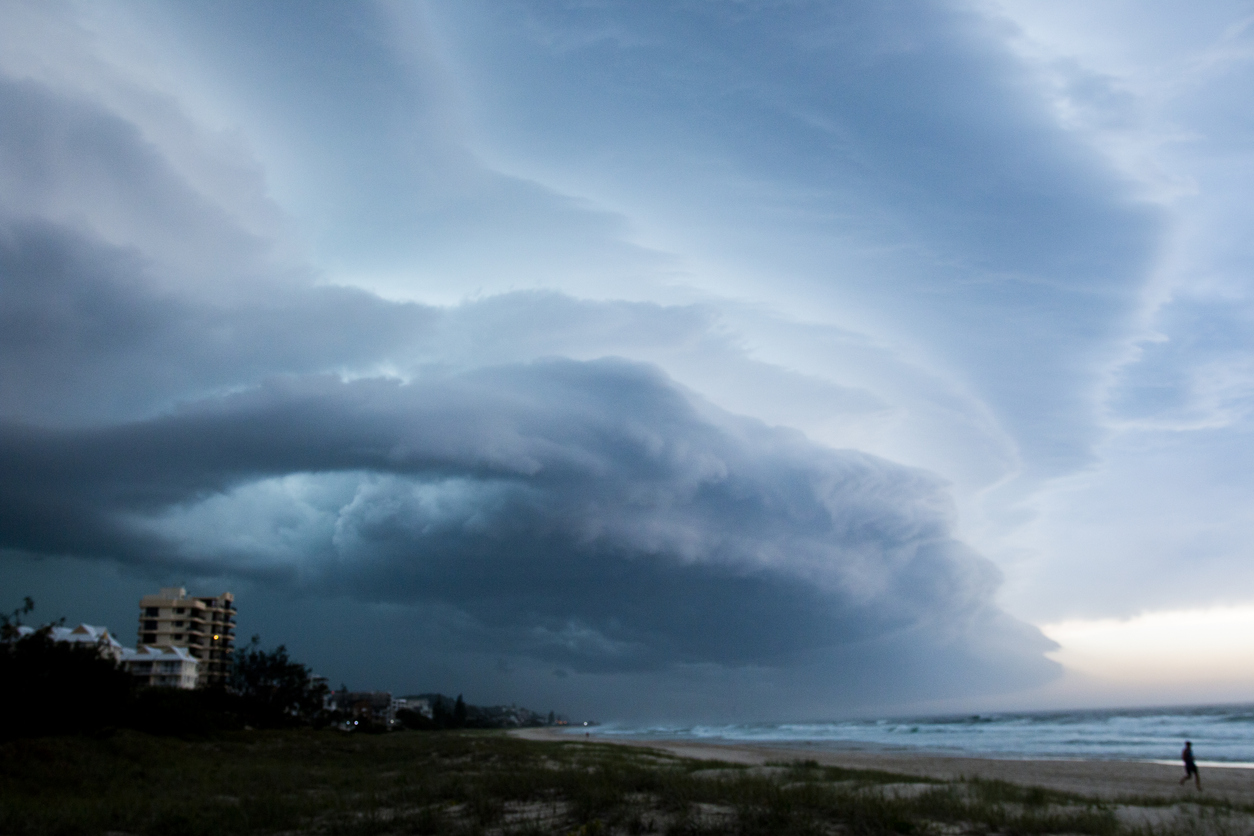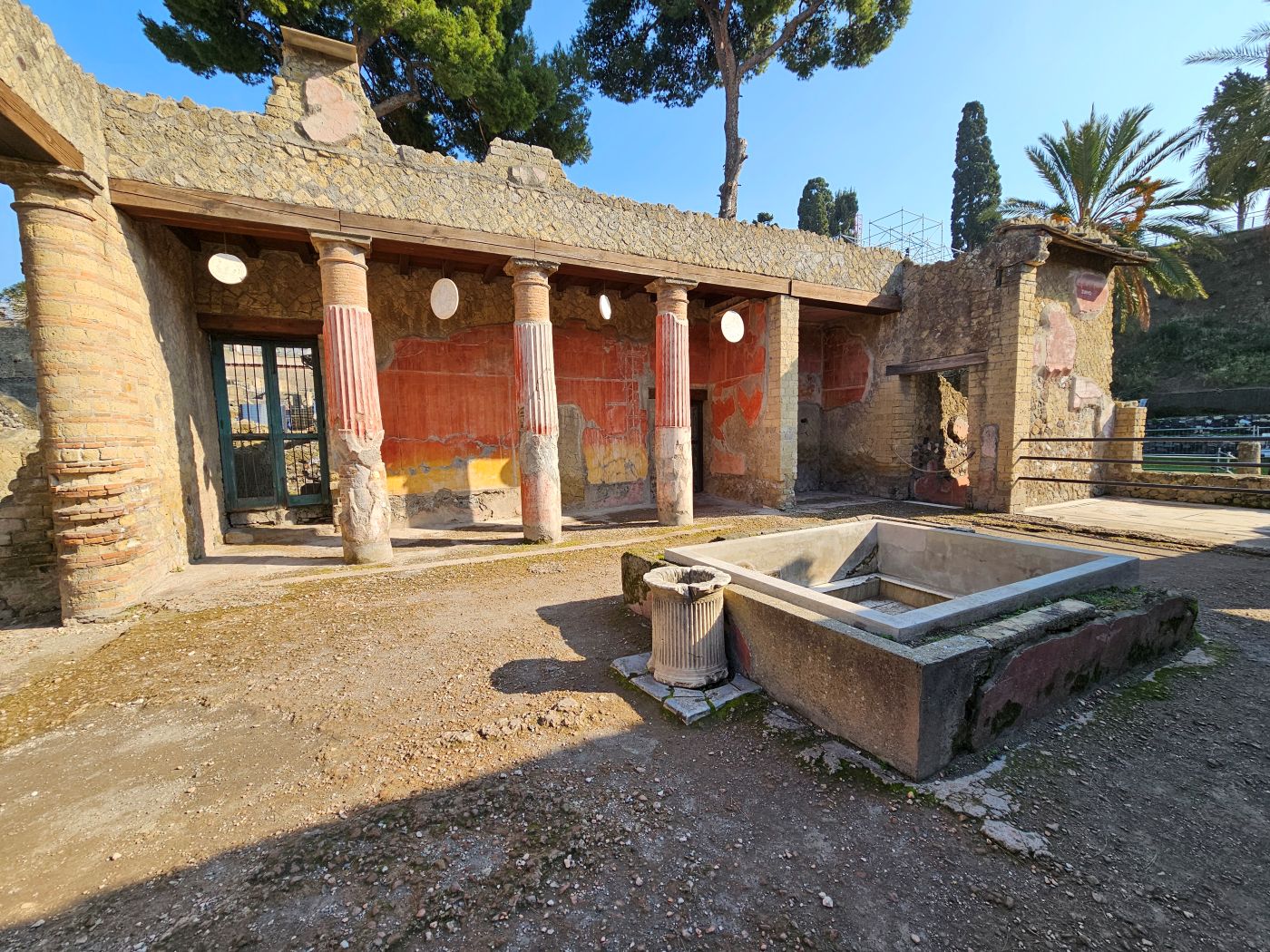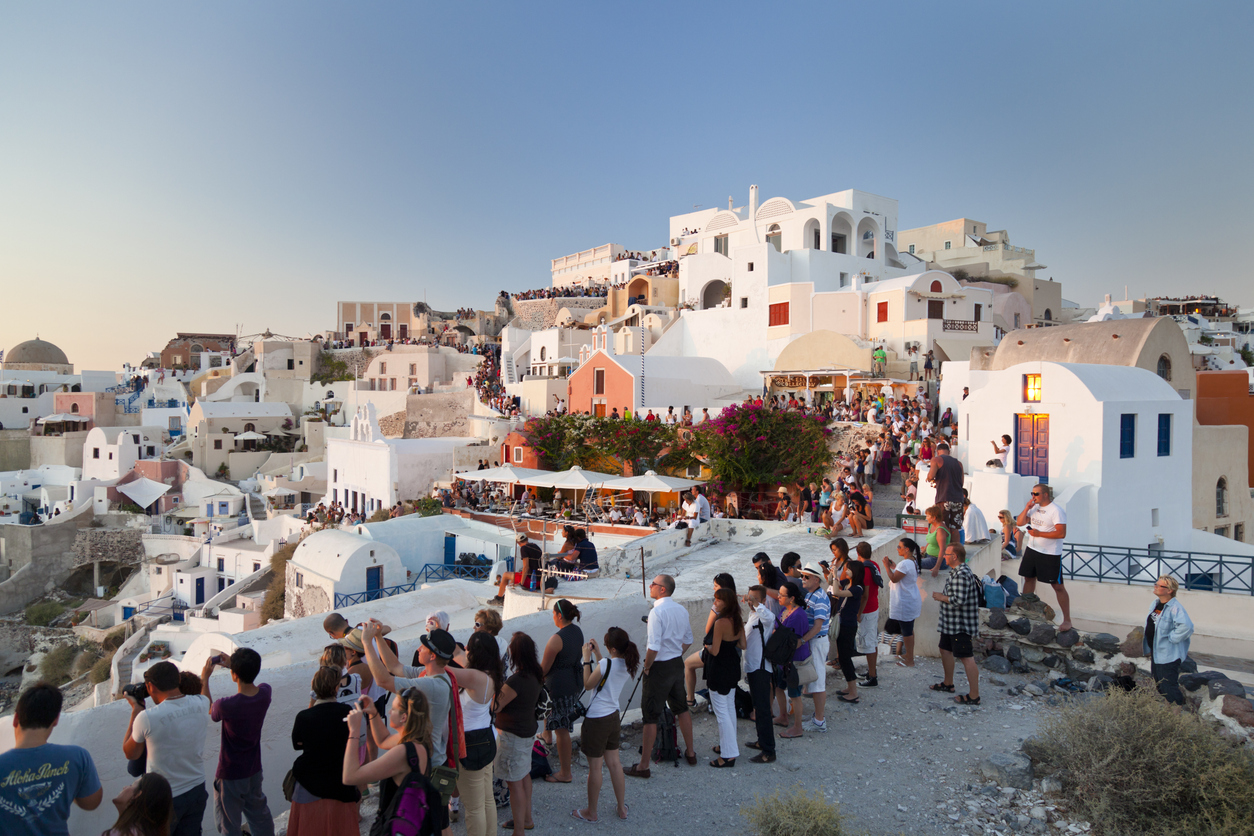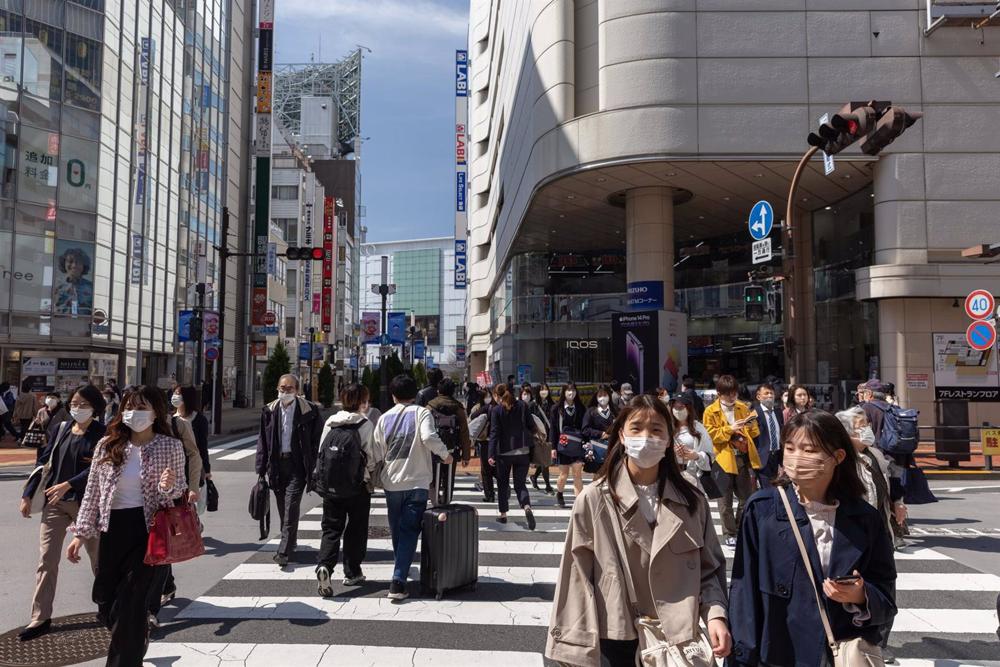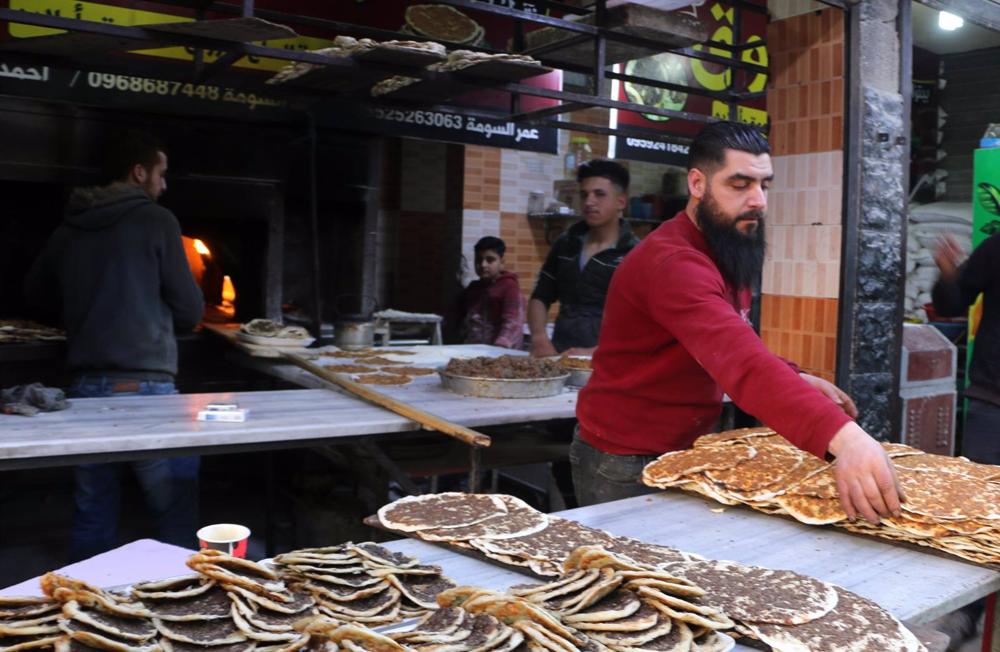
The NGO Amnesty International (AI) has called on the Syrian government of Bashar al-Assad to lift the «brutal» blockade on civilians in the predominantly Kurdish areas of Aleppo in the war-torn north of the country in 2011.
«Since the government imposed the blockade in August, tens of thousands of civilians, including internally displaced people, have faced severe shortages of fuel and humanitarian aid. Medical supplies are virtually depleted and people are burning household utensils and plastic to try to keep warm in the freezing temperatures,» he said in a statement.
Syria researcher at AI’s regional office in Beirut, Diana Semaan, said the Syrian government «has an obligation under international law to ensure access to adequate food, medicine and other essential supplies.»
«It is abhorrent to see the Syrian authorities deprive tens of thousands of Aleppo residents of essential supplies for political considerations. Civilians are living in constant fear, deprivation and uncertainty and are, once again, paying the ultimate price for this seemingly endless conflict,» he stressed.
Specifically, affected areas include Shaykh Maqsud and Ashrafié in northern Aleppo, as well as more than 50 localities in Shahba, under the Kurdish Civil Council, affiliated to the Autonomous Administration of Northern and Eastern Syria (AANES).
As different residents explained to AI, Syrian government forces intermittently restricted all these areas from receiving fuel and flour last year, while the latest blockade persisted for more than a month in April 2022.
In the case of the current situation, residents stated that the blockade in the region coincides with the apparent diplomatic rapprochement between Damascus and Ankara, who are «firmly» opposed to the AANES government in northeastern Syria.
AI, which interviewed seven residents or displaced interns, recounted that, due to fuel restrictions, different districts have only two hours of electricity a day compared to the seven they had before the blockade.
This leaves an open door to smuggling routes in Shaykh Maqsoud and Shahba where fuel is traded «at exorbitant prices». The blockade could also leave essential services such as hospitals and bakeries without electricity.
«We are very worried that we will run out of fuel to run the hospital’s generator. The problem is that we cannot cut off electricity in certain parts of the building, such as the intensive care unit, the operating room and the emergency room, so we need to have electricity 24 hours a day,» warns a doctor working in Shahba.
AI, which has examined satellite images of various road checkpoints that have been upgraded in 2022, warns that residents complain of not having stocks of essential medicines in hospitals.
Source: (EUROPA PRESS)
